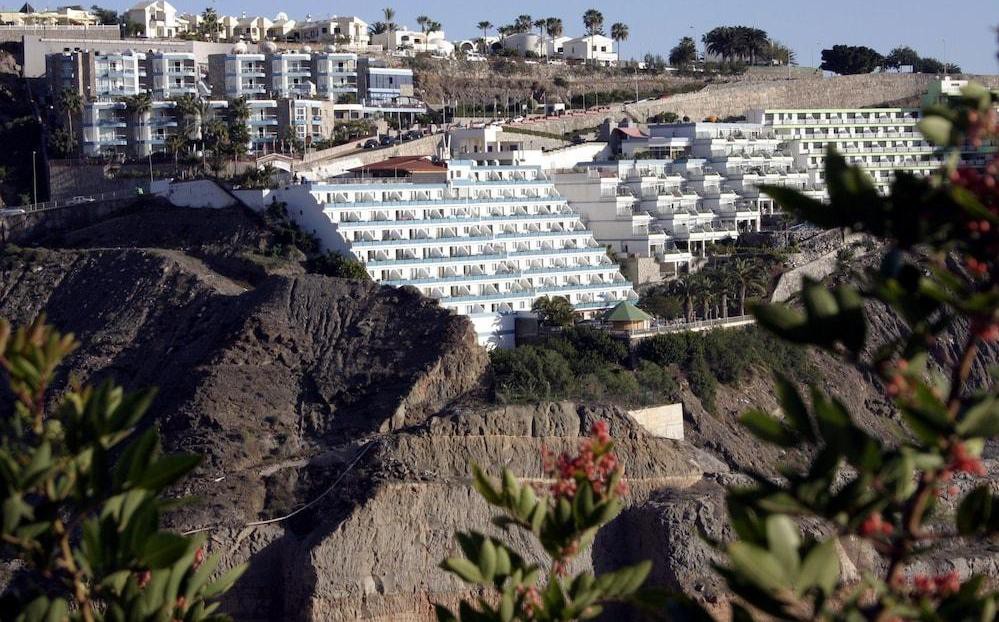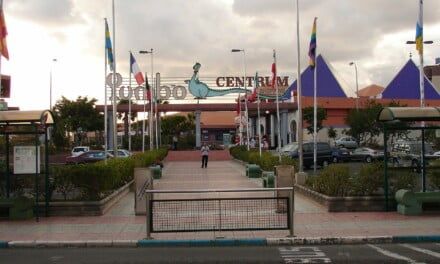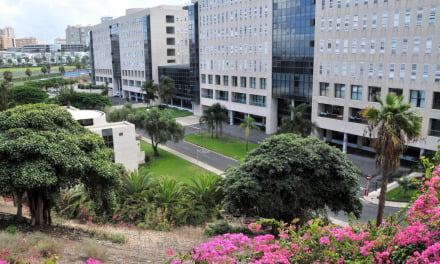PSOE Accuses Government of Indifference
Miguel Ángel Pérez, a PSOE deputy in the Canary Islands Parliament, has criticised the regional government led by the conservative regionalist Coalición Canarias (CC) and the national conservative Partido Popular (PP) for seemingly disregarding concerns raised by Mogán’s Mayor. He pointed out the stark contrast in attitudes, suggesting that “if these were individuals from Nordic countries with blue or green eyes and deep pockets, there would be no problem with them coming to Mogán.” Pérez expressed his dismay at the government’s indifference and described the situation as “repugnant.”
The controversy began when the Health Department initiated the transfer of elderly patients to the Palmera Mar apartment complex in Puerto Rico in mid-July. While the initial plan was to accommodate up to 74 patients with this profile in this temporary facility, only 22 individuals were transferred before the process was halted following Mayor O Bueno’s noisy opposition.
Mayor of Mogán Seeks to Prohibit Transfers
Mayor Bueno’s latest move is to try to prohibit these transfers altogether. In late September, she issued a municipal decree with the aim of urging the Regional Government of the Canary Islands to reform the “Plan de Modernización, Mejora e Incremento de la Competitividad de Costa de Mogán,” which is the primary planning document that was approved in 2015. The proposed reform seeks to prohibit all community uses, including healthcare, care, and social services, as complementary to the primary tourist accommodation uses. According to Bueno, these uses are not in line with the tourism model she envisions for her southwestern municipality of Gran Canaria.
Pérez has questioned the government’s role in the matter, stating, “Can you imagine other mayors doing this? I cannot.” He further criticised the government for not supporting healthcare in the Canary Islands and for failing to humanise the healthcare system, instead turning it into a spectacle.
The PSOE deputy also asked the Minister of Health, Esther Monzón, during a parliamentary session if there were any legal or healthcare-related reasons preventing her from implementing the March 2022 order that allows for the transfer of these patients to transitional or intermediate facilities while they await permanent placements through the dependency social care system.
For Mayor Bueno it is simply “not fair” that elderly people should be allowed to stay in tourist beds in her municiplity
Regional Government Responds to PSOE Criticism
In response to the PSOE’s criticism, Minister Esther Monzón, who represents CC, accused the opposition party of inaction in addressing the issue and pointed out that at the beginning of the previous legislative term in 2020, there were 290 patients, already medically discharged but who remained in public hospitals without any possibility of leaving. Now, this number has risen to approximately 545 patients who find themselves in the same situation. She attributed this increase to the actions of the previous government, stating, “We are dealing with what you have done.”
Minzón recalled that in 2017, the Government of the Canary Islands, in collaboration with the island councils (cabildos), signed a plan to create socio-health infrastructure to address the shortage of residential places for the elderly, which now stands at a deficit of more than 8,000. This plan was funded with €250 million and co-financed by the island councils themselves. Monzón noted that despite the passing of several years, no progress had been made in executing the socio-health plan, which was intended to resolve the issue.
The Minister of Health refrained from addressing the specific case of Mogán mentioned by the PSOE deputy, stating, “We are not talking about Mogán or anything else. We are talking about hotel beds (however it appears that Monzón made a slip of the tongue while meaning to refer to socio-health facilities) in public hospitals. They are there. …What did the previous government do? Nothing. Give us a chance, and let’s work together.”
Regarding the measures to resolve the problem, the Minister of Health explained that a “technical-political” commission had been established between her department and the Department of Social Welfare led by Candelaria Delgado to analyze the situation. In their first meeting, the technical experts outlined the “impossibility of implementing” the March 2022 order but did not provide specific reasons.
Monzón also mentioned that the hospital’s Social Work units were working on the circumstances preventing patients from returning to their families and were proposing resources. In cases of abandonment, they were notifying the Prosecutor’s Office. Additionally, the Minister of Health revealed that the Minister of Social Welfare was working on a decree to “simplify the process of recognizing dependency status” and had the intention of creating “between 4,000 and 6,000 residential places” during this term, in addition to signing an agreement with the Fecam (Canary Islands Federation of Municipalities) to integrate the home care provided by municipalities into the dependency care system.
Opposition Parties’ Concerns
Nueva Canarias, the other opposition party with two councilors in the Mogán Town Council, shares the PSOE’s concerns. Juan Manuel Gabella, spokesperson for NC, questioned the need for Bueno’s proposed reform to prohibit community uses in tourist accommodations, particularly given the lack of socio-health places in Mogán. He commented that allowing socio-health facilities to coexist with tourism would provide a valuable resource for families in need.
The debate over the use of hotel accommodations for transitional residences for elderly patients with medical discharge continues to be a contentious issue in Mogán, with opposing viewpoints from the mayor and the opposition parties. The future course of action and resolution of this matter will ultimately depend on the decisions made by the Government of the Canary Islands and the broader healthcare policies they choose to implement.
Should older hotel complexes, like the Palmera Mar, which have been certified as suitable for care, be allowed to be used as temporary accommodation for elderly patients while they await social care residence, and free up hospital beds for people who need them?













